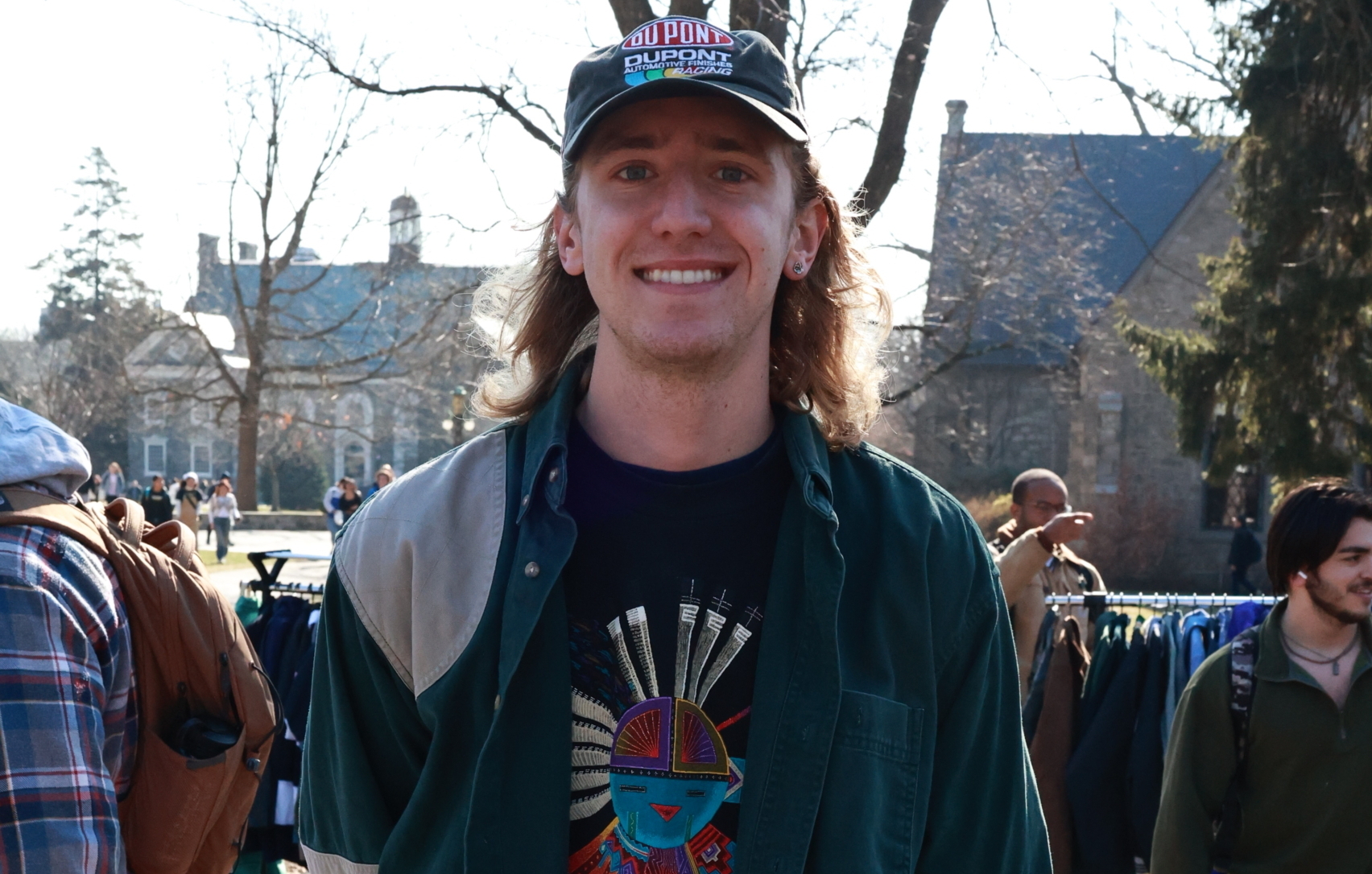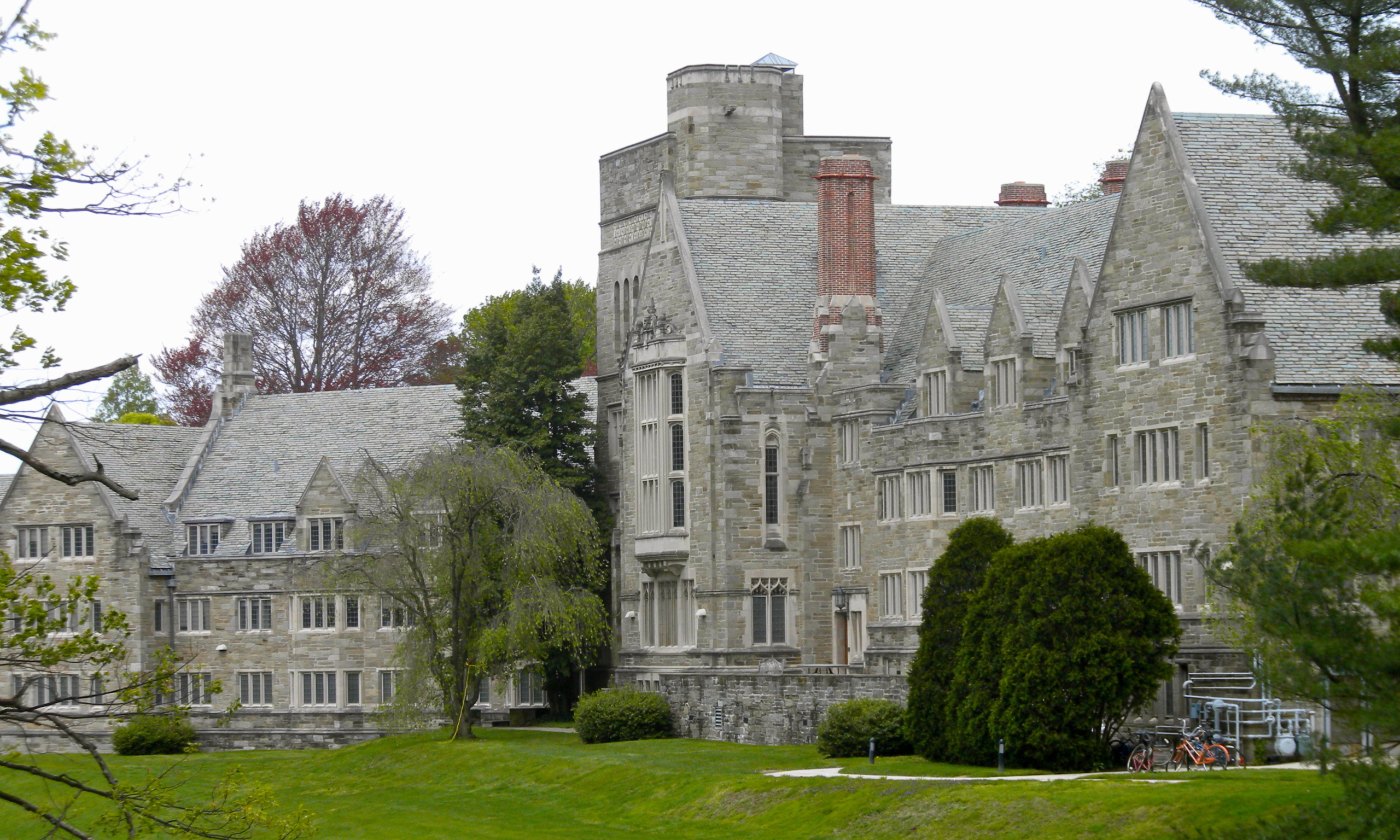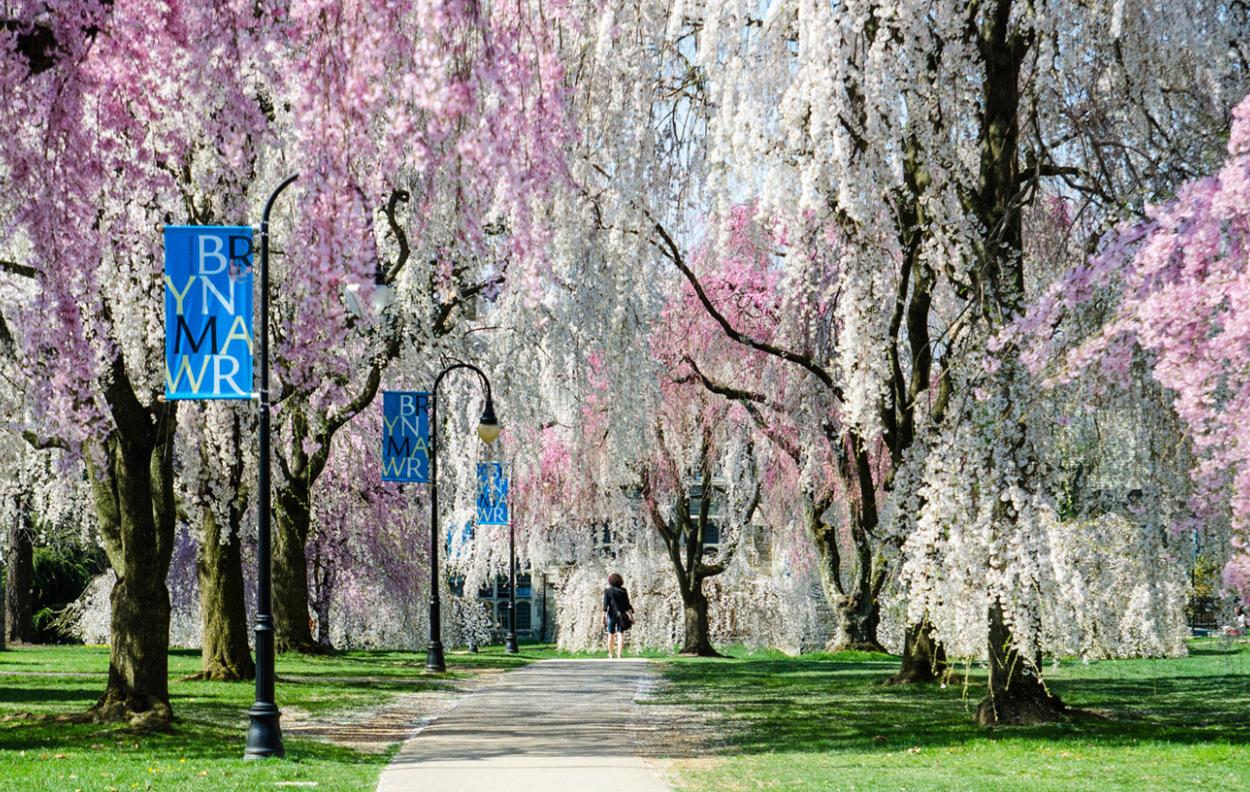On the evening of November 13, the annual fall plenary meeting occurred in the Campus Center. Students presented their resolutions, and other students debated against them. From Monday, November 14 until Friday, November 18, voting will occur via an online form sent out to all members of the student body.
Including UnCommon Grounds Within the Meal Plan
This resolution would allow students to have two swipes of free meals a week using their One Card at the campus café, also known as UnCommon Grounds, amounting to about $8.50 per swipe. Presented by student Mariama Regaignon, the resolution would allow students to have more access to food on campus, especially aiding students who have certain dietary restrictions that the dining halls are unable to fully accommodate.
However, out of all the resolutions of that night, the most discourse happened during the debate on the question of whether or not it would be practical for students to have these two free swipes. Concerns mainly arose from the student workers at UnCommon Grounds, who expressed fear that the café would not have the equipment necessary for the amount of foot traffic that would result if such a resolution was passed. Regaignon maintained that if the resolution were to pass and be implemented, they would work closely with the dining hall committee to ensure that by the time students were able to use their One Card at UnCommon Grounds, and certain actions would be taken so as to not overwhelm the student workers. None of the actions that would be taken were directly outlined, though.
If passed, Regaignon says that the resolution would make no changes to the price or function of the current meal plan, it would simply allow the addition of two swipes at UnCommon Grounds.
Expanding Mental Health Services on Campus
Presented by Suli Kamholtz-Roberts, and supported by students Kass Zhang and Whitney Rigodon, this resolution would ensure that students would have more resources concerning mental health by advocating for the hiring of additional counselors to the Wellness Center. In addition, the resolution would push for better working conditions for the current wellness center workers, proposing higher pay and better benefits.
Currently, there are only two full-time counselors for the entirety of the Bryn Mawr student body. As a result, students have restricted access to individual care and those who work at the Wellness Center have an overwhelming amount of demand, causing both full-time and part-time employees to frequently work overtime. This has led to the resignation of five counselors in the past two years, four of whom were noted to be Black Indigenous People of Color or BIPOC.
The argument presented by Kamholtz-Roberts is that with the 1.2 billion dollars in Bryn Mawr’s endowment, it is more than reasonable to assume that the college would invest more money in the employees of the Wellness Center, as it would benefit both the staff and students. This does fail to factor in that a great deal of the endowment is not accessible money to the college.
Resolution A through F: Reorganization of the SGA Constitution Amendment, Representative Council Composition, Operation of Repco, and Representative Job Description Change, etc.
Presented by Constitution Review Committee heads Elle Thompson and Maia Tsalik, these four resolutions would serve to offer a more structured and clearer reorganize the structure of the Bryn Mawr Self Governance Association Constitution in order to offer a clearer document that the student body could more easily understand. Among these changes would be the following:
- The constitution would be reformatted to no longer have separate subsections for each sentence. It would instead have clearer single sentences explaining each of the subsections. The redirects within the constitution itself would be clearer and easier to access.
- An extensive update to listing all positions within councils on college, with an official list of the recent additions to SGA. This would include Tradition Mistexes being officially part of Representative Council (Rep-Co). All large committees on campus will be renamed as “councils.”
- All representatives on Rep-Co will have combined one vote, even if one committee has multiple representatives.
- A formalization of all positions on the Rep-Co, including positions that have traditionally been excluded from position listings (E.g., transfer representative).
- Specific outlines of all job positions and the duties for each one.
- A tri-co representative would simply have to take the majority of their classes (that is, minor or major) at an off-campus college instead of needing to live at an off-campus college.
- The re-establishment of the Major Council.
Paying the SGA Executive Board
Presented by the SGA executive board (e-board), this resolution would have it so that the SGA board would get a payment equivalent to five hours a week of work. As it stands right now, the executive board of SGA works extensive hours without payment, meaning students who do not have the ability to work without pay do not have the ability to apply to these positions. The e-board argues that if given a weekly payment, the board positions would be much more accessible to the entire student body.
Limiting the SGA Budgets for Intramural Sports Teams &
Presented by the SGA executive board, this resolution would cap the funding of non-varsity sports at $12,000. This is likely related to the widely discussed budgeting of $18,000 for the club fencing team.
Changes to the Student Finance Committee (SFC) Bylaws
Presented by the SGA executive board, this resolution would allow Alliance of Multicultural Organizations (AMO) student groups to be exempt from the standard $250 funding cap for new clubs. In addition, bylaws concerning the payment of gifts would be re-adjusted to fit within federal laws. Clubs would not need to have individual budgeting meetings, but rather attend a group information session concerning budgeting needs. Lastly, funds that would usually go to cover student flights under 500 miles from campus would be reallocated to local transportation, such as SEPTA rides.









